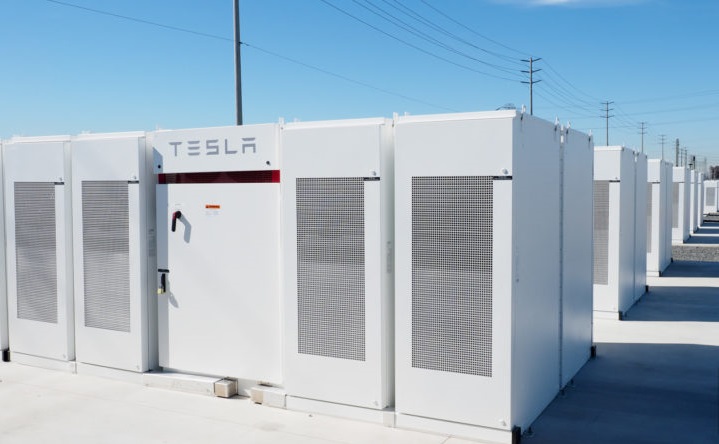
أكتوبر . 30, 2024 13:33 Back to list
supercapacitor energy storage
Supercapacitor Energy Storage Revolutionizing Energy Solutions
In today's rapidly advancing technological landscape, the quest for efficient energy storage solutions has become more critical than ever. Among the myriad options available, supercapacitors have emerged as a key player, offering unique advantages that position them as a valuable complement to traditional batteries.
Supercapacitors, also known as ultracapacitors, are energy storage devices that combine the principles of capacitors and batteries. Unlike conventional batteries, which store energy through chemical reactions, supercapacitors store energy electrostatically. This allows them to charge and discharge much more rapidly than batteries, making them ideal for applications that require quick bursts of energy.
Supercapacitor Energy Storage Revolutionizing Energy Solutions
Another notable benefit of supercapacitors is their remarkable cycle life. While lithium-ion batteries typically endure a few hundred to a few thousand charge cycles, supercapacitors can withstand hundreds of thousands to millions of cycles without significant performance degradation. This longevity ensures that supercapacitors have a reduced environmental impact, as they require less frequent replacement and minimize the production of electronic waste.
supercapacitor energy storage

Supercapacitors also operate effectively across a wide temperature range, making them reliable under varying environmental conditions. This characteristic is particularly advantageous for applications in extreme climates, such as those found in industrial settings or outdoor equipment. Additionally, supercapacitors are generally more tolerant of overcharging and discharging, further enhancing their reliability and safety in diverse applications.
In recent years, the integration of supercapacitors into renewable energy systems has gained traction. They serve as excellent buffers for intermittent energy sources like solar and wind power, helping to smooth out fluctuations in supply. When the energy generated exceeds the demand, supercapacitors can store that surplus energy for later use, ensuring a consistent energy supply and improving the overall efficiency of renewable energy systems.
Despite their numerous advantages, supercapacitors do have limitations. While they excel in power density and cycle life, their energy density—an indication of how much energy they can store for a given weight—remains lower than that of traditional batteries. Consequently, researchers are actively exploring ways to enhance their energy storage capacity and make them more competitive for long-term storage applications.
In conclusion, supercapacitors represent a promising avenue for advancing energy storage technology. Their rapid charging and discharging abilities, extensive cycle life, and adaptability to various environments position them as essential components in modern energy systems. As research continues to overcome their current limitations, supercapacitors are poised to play a critical role in the transition to a more sustainable and efficient energy future. Embracing the potential of supercapacitors could lead to significant advancements in various sectors, from transportation to renewable energy, ultimately fostering a cleaner and more resilient world.
-
Leading Gravity Energy Storage Tech Suppliers
NewsJun.06,2025
-
Portable & Reliable Outdoor Emergency Power Supply
NewsJun.06,2025
-
Durable Ring Outdoor Camera Power Supply Weatherproof Design
NewsJun.06,2025
-
Top-Rated Outdoor Emergency Power Supply Efficiency Rating Suppliers
NewsJun.05,2025
-
Energy Storage Conference 2022 Connect Global Suppliers & Innovations
NewsJun.05,2025
-
RockPals 1300W Portable Power Station High-Capacity & Portable
NewsJun.05,2025























